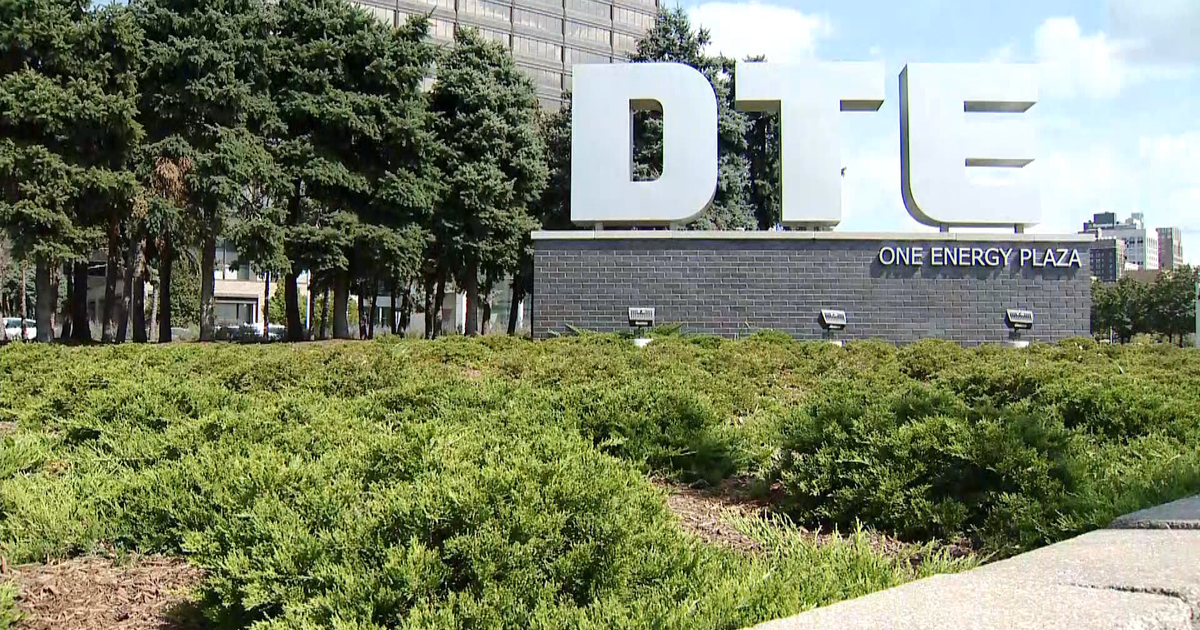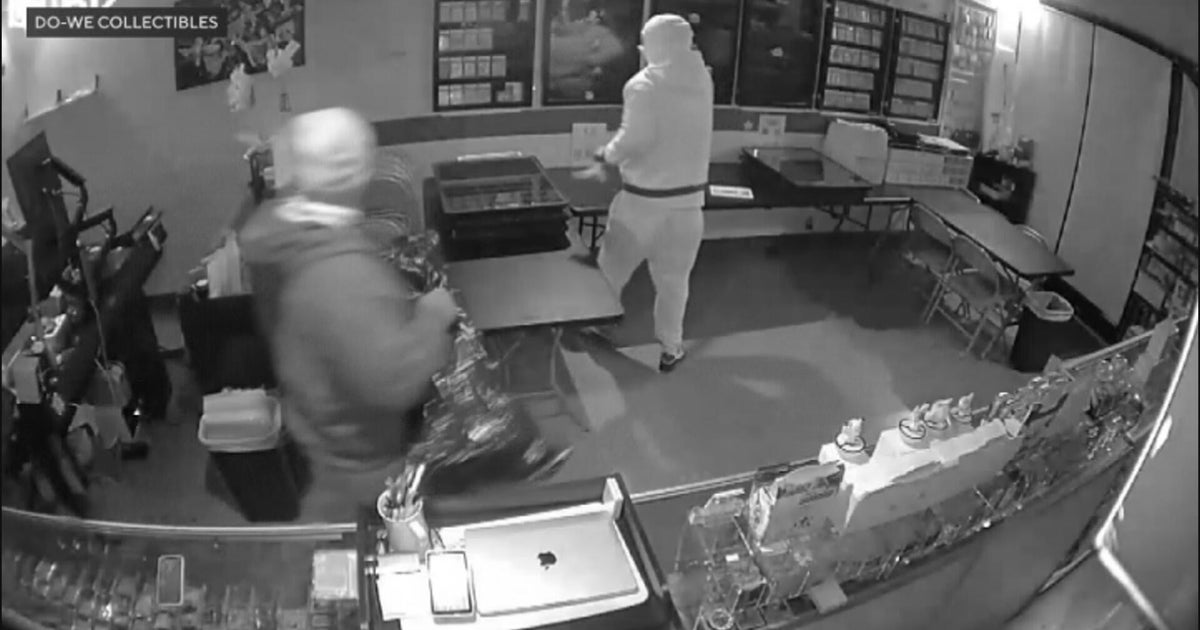Consumers Pay High Price For Ignoring Fine Print
BOSTON (CBS) - If you buy a new phone, apply for a credit card or rent a jet ski, odds are you'll be faced with pages of disclaimers, warranties and special notices. They are often written in fine print and are impossible for many to see, let alone understand.
Many companies say all that fine print is needed because they are required to provide so much information to consumers. "The amount of disclosures that banks and other companies that deal with consumers need to provide is just overwhelming," explained corporate attorney Alan Kaplinsky. "You've got this competing demand to comply with all these laws and to do things that make sure you don't become a target of the next class action suit," he said.
While some banking and financial institutions face legal font size requirements, most other industries don't. Manuals provided with technical devices can be overwhelming. Some cell phone user's guides often have hundreds of pages of fine print.
The Center for Plain Language is calling on government agencies and businesses to make agreements and notices more understandable and readable. Each year the organization puts out a list of the most confusing documents from health insurance forms to software agreements and car seat installations.
All that fine print can be annoying, but it often contains information that can be important according to Richard Cleland of the Federal Trade Commission. "Disclosures can affect consumers' rights and so it's important they be readable," he said.
Whether it's a document you get in the mail or a product warranty, ignoring the fine print can be costly. The Center for Plain Language estimates hidden disclosures cost each American household more than $3,000 a year.







